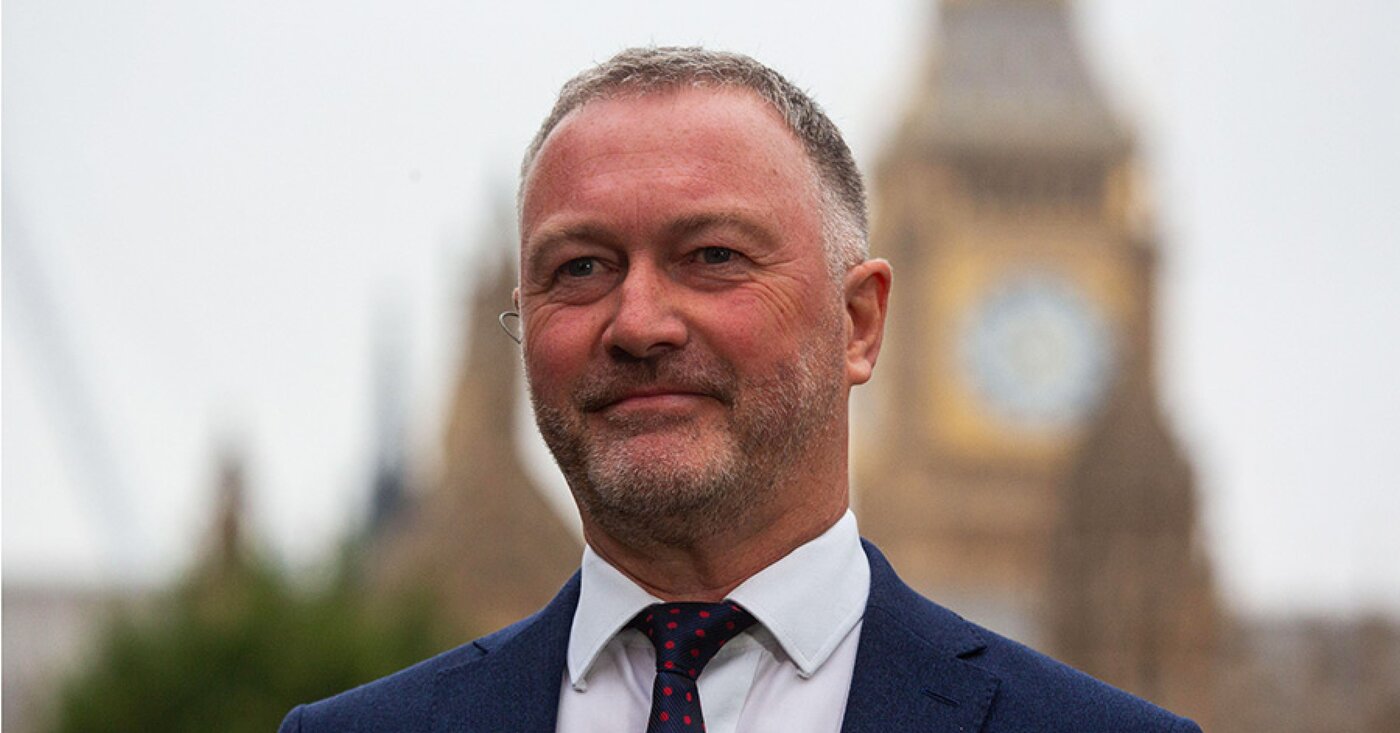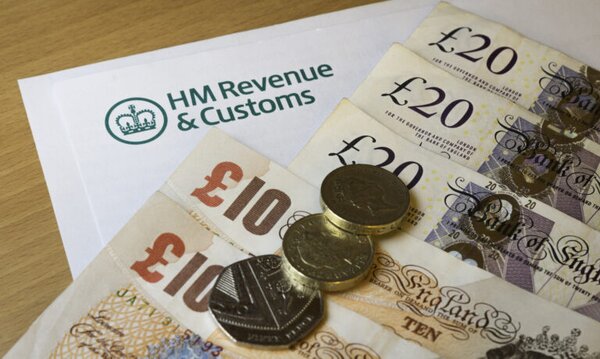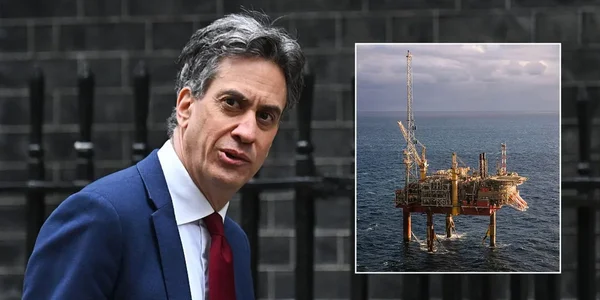LIVERPOOL, Oct 1 – Labour will not alter council tax bands during this Parliament, Housing Secretary Steve Reed has confirmed, ending months of speculation over a potential property revaluation.
Mr Reed told the Labour Party conference that revaluing properties a move long debated by economists and campaign groups was not part of the government’s agenda.
Reed rules out revaluation
“We’ve got enough on our hands [council tax revaluation] is not on our agenda,” Mr Reed said. He confirmed the issue had not even been raised with Chancellor Rachel Reeves.
The announcement follows rumours that ministers were considering targeting wealthier households whose properties have risen sharply in value since the last assessment.
Historic valuations remain
Council tax bands are still based on 1991 property values in England, or 2003 values in Wales. Critics say this has created disparities, with families in lower-growth areas facing disproportionately high bills.
Despite calls for change, Mr Reed’s intervention suggests valuations will remain untouched for the foreseeable future.
Calls for reform rejected
In July, the Commons Housing, Communities and Local Government Committee argued the current system was “highly regressive” and urged reforms, including giving councils power to revalue properties locally.
However, the government’s position rules out such measures, leaving the structure of council tax unchanged even as households continue to feel pressure from rising bills.
Think tanks propose alternatives
The centre-right think tank Onward recently proposed replacing council tax and stamp duty with a single proportional property tax.
Under its model, homes worth over £500,000 would face a national levy, raising revenue for local government. The Treasury has denied considering the proposal.
Speculation over property taxes
Although revaluation has been dismissed, speculation persists that Labour could target property in other ways. Chancellor Reeves is reportedly weighing new capital gains tax rules, potentially affecting sales of primary residences above £1.5 million.
Such measures could form part of her November Budget as she seeks to address a projected £40 billion fiscal gap.
Capital gains rumours
Removing exemptions on high-value homes would mark a major departure from current policy, where main residences are not subject to capital gains tax. Analysts warn such a move would be highly controversial and could distort the housing market.
The government has not confirmed or denied whether the measure is under active consideration.
Impact on households
While bands remain unchanged, Reeves has authorised councils to increase tax rates by up to 5% annually. Nine out of ten local authorities applied the maximum rise in April, pushing average bills to £2,280.
Elliot Keck of the TaxPayers’ Alliance said: “Households are already being clobbered annually by inflation-busting rate rises on top of the catastrophic tax raid launched in last year’s Budget.”
Tax burden continues
Experts warn that households could still face rising council tax bills even without revaluation, as local authorities continue to exploit their powers to raise revenue.
Campaigners argue any reform should aim to reduce the overall burden rather than entrenching further increases.
Summary
Steve Reed’s announcement brings temporary clarity to concerns over council tax reform, but it does not ease the wider financial pressure on households. With valuations frozen since 1991, the system continues to face criticism for unfairness, while average bills climb year after year through permitted increases.
As Chancellor Rachel Reeves prepares her November Budget, attention is shifting to other potential property tax measures including capital gains reform on high-value homes. For homeowners, landlords and families already stretched by rising costs, the tax debate remains far from settled.
Digital tools like the Pie app can help track liabilities, stay ahead of changes, and manage household finances more effectively as the government weighs its next moves.











